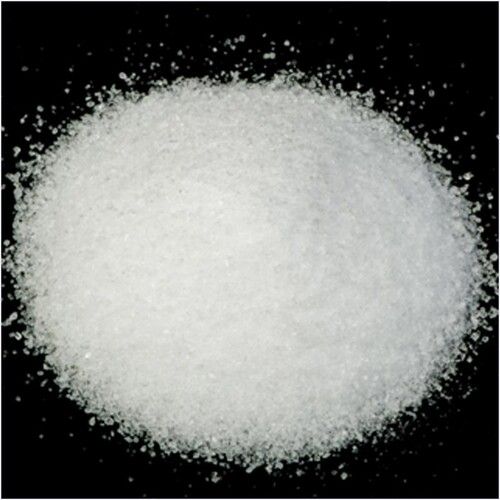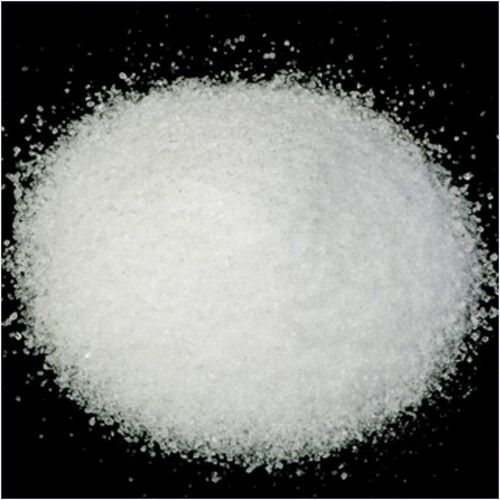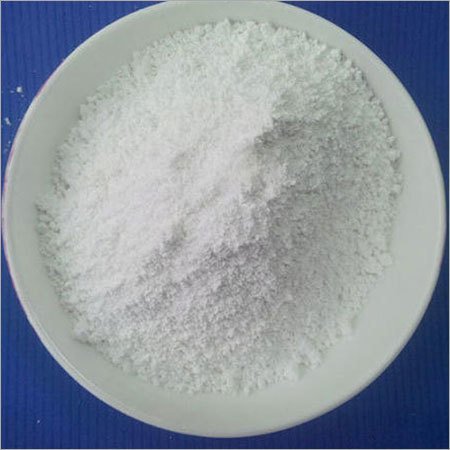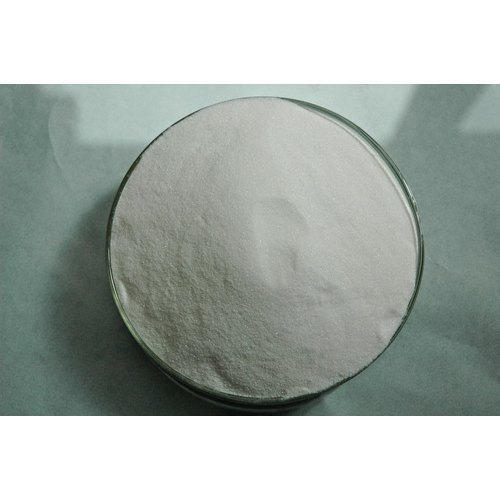Trusted company that deals in Quality-made products
Potassium Carbonate EP
198 INR/Kilograms
Product Details:
- Purity 99.0 % to 101.0 %
- Storage Room Temperature
- Usage Pharmaceutical industries
- Physical Form Powder
- Solubility In Water
- Product Type Raw Material
- Structural Formula K2CO3
- Click to View more
X
Potassium Carbonate EP Price And Quantity
- 25 Kilograms
- 198 INR/Kilograms
Potassium Carbonate EP Product Specifications
- Raw Material
- In Water
- Powder
- Pharmaceutical industries
- Room Temperature
- 99.0 % to 101.0 %
- 138.21 g/mol
- K2CO3
- K2CO3
- 584-08-7
- White or almost white granular powder, hygroscopic.
- EP grade
- 28364000
- White or almost white granular powder, hygroscopic.
- Pharmaceutical
- Five Years after Manufacturing Date
Potassium Carbonate EP Trade Information
- Cheque
- 10 Kilograms Per Day
- 10 Days
- Yes
- Free samples are available
- HDPE Bag/ HDPE Drum/ Jar Packing
- Asia Australia Central America North America South America Eastern Europe Western Europe Middle East Africa
- All India
- FDA, GMP, GLP, ISO, FASSAI, KOSHER, HALAL
Product Description
Potassium carbonate (K2CO3) is a white salt, soluble in water, commonly used in a variety of industrial processes and applications.
Here are some key points about potassium carbonate:
1. Chemical Formula: K2CO3
2. Appearance: It is usually found as a white, granular powder.
3. Solubility: Potassium carbonate is highly soluble in water, which makes it suitable for many applications where a soluble salt is required.
4. Alkali: Potassium carbonate is an alkali. It reacts with acids to form potassium salts and water.
5. Buffering Agent: It can act as a buffering agent, helping to maintain a stable pH in solutions.
6. Environmental Considerations: While potassium carbonate is generally considered safe, its high pH can be harmful to aquatic life if released in large quantities into water bodies.
7. Preparation: Potassium carbonate can be produced by the reaction of potassium hydroxide with carbon dioxide, or by the reaction of potassium chloride with sodium carbonate.
Uses of Potassium Carbonate EP:
1. Manufacturing: It is used in the manufacturing of soap and glass.
2. Food Processing: In food industry, it is used as an additive (E501), particularly in the production of cocoa powder and wine.
3. Chemical Processes: Potassium carbonate is used in various chemical processes, including the production of other potassium compounds, as a pH
regulator, and as a drying agent in laboratories.
4. Medicine: Historically, it was used in some medical applications, though its usage in this field has diminished due to the availability of more effective and safer alternatives.
FAQs of Potassium Carbonate EP:
Q: What is the physical form of Potassium Carbonate EP?
A: The physical form of Potassium Carbonate EP is a white or almost white granular powder, which is hygroscopic.Q: What is the purity of Potassium Carbonate EP?
A: The purity of Potassium Carbonate EP is 99.0% to 101.0%.Q: What is the shelf life of Potassium Carbonate EP?
A: The shelf life of Potassium Carbonate EP is five years after the manufacturing date.Q: What is the molecular weight of Potassium Carbonate EP?
A: The molecular weight of Potassium Carbonate EP is 138.21 g/mol.Q: What is the application of Potassium Carbonate EP?
A: The application of Potassium Carbonate EP is in the pharmaceutical industry.Tell us about your requirement

Price:
Quantity
Select Unit
- 50
- 100
- 200
- 250
- 500
- 1000+
Additional detail
Mobile number
Email
 English
English Spanish
Spanish French
French German
German Italian
Italian Chinese (Simplified)
Chinese (Simplified) Japanese
Japanese Korean
Korean Arabic
Arabic Portuguese
Portuguese






 Send Inquiry
Send Inquiry Send SMS
Send SMS
